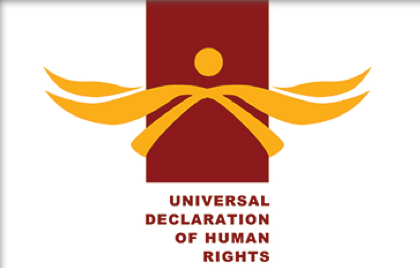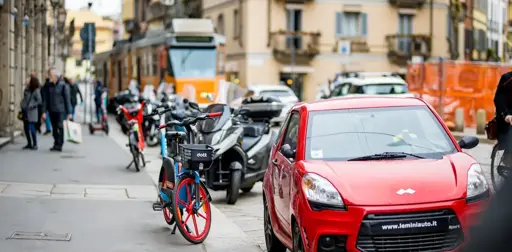- 2 Posts
- 2 Comments
Joined 17 days ago
Cake day: April 7th, 2025
You are not logged in. If you use a Fediverse account that is able to follow users, you can follow this user.

 48·2 days ago
48·2 days agoNot long ago, Chinese hackers attacked the U.S. wiretapping system, enabling the Chinese state to read and listen to citizens’ messages and calls. Intel agencies then urged the population to use encrypted messages.
And this is just one example what could go wrong. The damage to democracy will be severe as it will be will be exploited by bad actors because, as we know, there is no such thing as a “backdoor only for the good ones.” Or am I wrong here?


Closer ties between the EU (and other economically developed blocs and countries) and ‘poorer countries’ are almost certain imho given the macroeconomic developments. The emerging market and developing economies’ share of the world’s GDP -based on Purchasing Power Parity according to the International Monetary Fund- rose from 35% in 1980 to 40% in 2000, and it now stands at +60% in 2025 while projected to increase further.
A second major point is the population growth. In Africa, for example, the working-age population (people aged 20-64 years) will almost double from 880 million now to 1.6 billion in 2050, according to the UN. This means that in 2050, 1 in 4 working people across the globe will be African.
It seems that emerging economies are about to face a similar ‘double-growth’ like the Europeans had in the decades after World War II: growth of the economy and growth of the population.
This could be an opportunity for these countries not only to strive economically but also to develop more democratic structures. As we have seen in research, as societies modernize, their ideological divides shift away from economic struggles towards debates over personal freedoms and identity-related issues. So it could be that a collaboration between the EU & allies with these LDCs (Least Developed Countries) is not just for a mutual economic benefit, but eventually also for the preservation of a rules-based world order where universal human rights are an integral part of the economy, which in turn would benefit all sides.
If the EU is ready to protect and further develop its democracies, the bloc could indeed be a more reliable alternative to the current governments of the U.S. and China. If the EU acts accordingly (and there are signs that it does imho), Mr. Trump’s politics could then even be the go-ahead for a more equal world order - supposedly the exact opposite of what he is aiming at.
But I say “if” and “could” and, of course, don’t know how it’ll develop. Maybe I am on the wrong track.